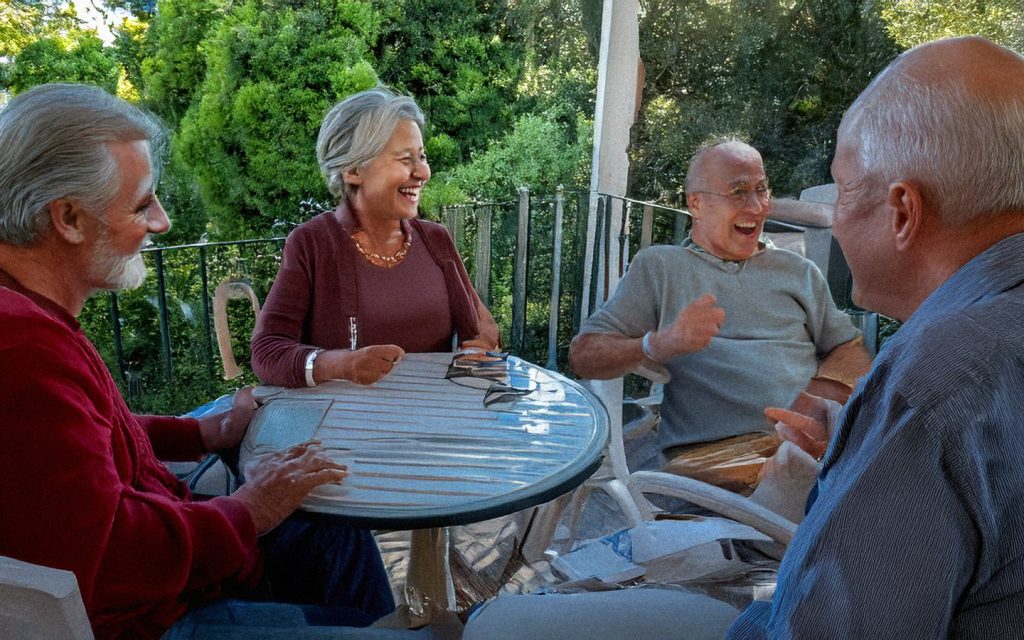Mathew Wood from Hola Properties – headquartered in Lanjarón – explains how changing Spainish inheritance tax rules can benefit retiring Brits in Spain….
BRITS who are considering retiring in Spain, or have already done so, will be intrested in a recent budget change. Starting in April, Brits living (legally) overseas for over 10 years will no longer face Spanish inheritance tax (IHT) on foreign assets.
This move replaces the old “domicile” system with a residency-based rule, benefitting long-term expats in popular retirement hotspots like Spain, particularly Andalucía.

What does this mean for you?
Inheritance tax, currently set at 40%, applies to global wealth if you’re considered domiciled in the UK. Under the new system, however, foreign assets will be exempt for those who meet the residency criteria. Tax experts describe this as a “game-changer” for expats who previously struggled to shake off their UK domicile status.
“It was tough to lose your UK domicile status,” says a spokesman for a UK law firm. “This shift is fantastic news for long-term expats.”
For Brits considering a move to sunnier climes, check out our guide on how to buy property in Spain as an expat.
The benefit of retiring overseas
The changes are expected to encourage more people to consider overseas retirement. It could, in short, provide the nudge that many people need. For some, the choice between staying in the UK or relocating to Spain comes with the added incentive of escaping hefty inheritance tax penalties.
The rule changes don’t just help retirees. Wealthy entrepreneurs and expats such as Richard Branson or fund manager Terry Smith, based outside the UK since 2017, are among those set to benefit.
Experts warn, however, that many expats may remain unaware of how the new rules could impact them. Some might not even realise that they are unexpected beneficiaries of the new regulations.

More certainty and less hassle re domicle rules
The old domicile rules were complex and frequently unclear. Many expats found it difficult to confirm their status, leaving executors dealing with disputes after their death. It isn’t difficult to imagine the “grey areas” that could exist.
The new residency-based approach simplifies things significantly. Brits living abroad for over a decade gain certainty and clarity, avoiding disputes with HMRC over their tax obligations.
What about returning expats?
The changes offer opportunities for those considering a move back to the UK too. Brits returning after 10+ years abroad will enjoy full relief on UK taxes for foreign income and capital gains during their first four years of residence.
For some, the 10-year overseas rule could now seem like a fair trade-off to avoid inheritance tax.
Grabbing the bull by the horns
Whether you’re a retiree dreaming of Spain or a seasoned expat already living here, these changes could significantly alter your tax planning. With the potential to save your heirs thousands, it’s worth exploring how this new rule might apply to your circumstances.
It might be a golden opportunity for those who have correctly registered themselves for tax. More on this theme is coming soon.
Please ensure that you get proper tax planning advice from a qualified professional.

